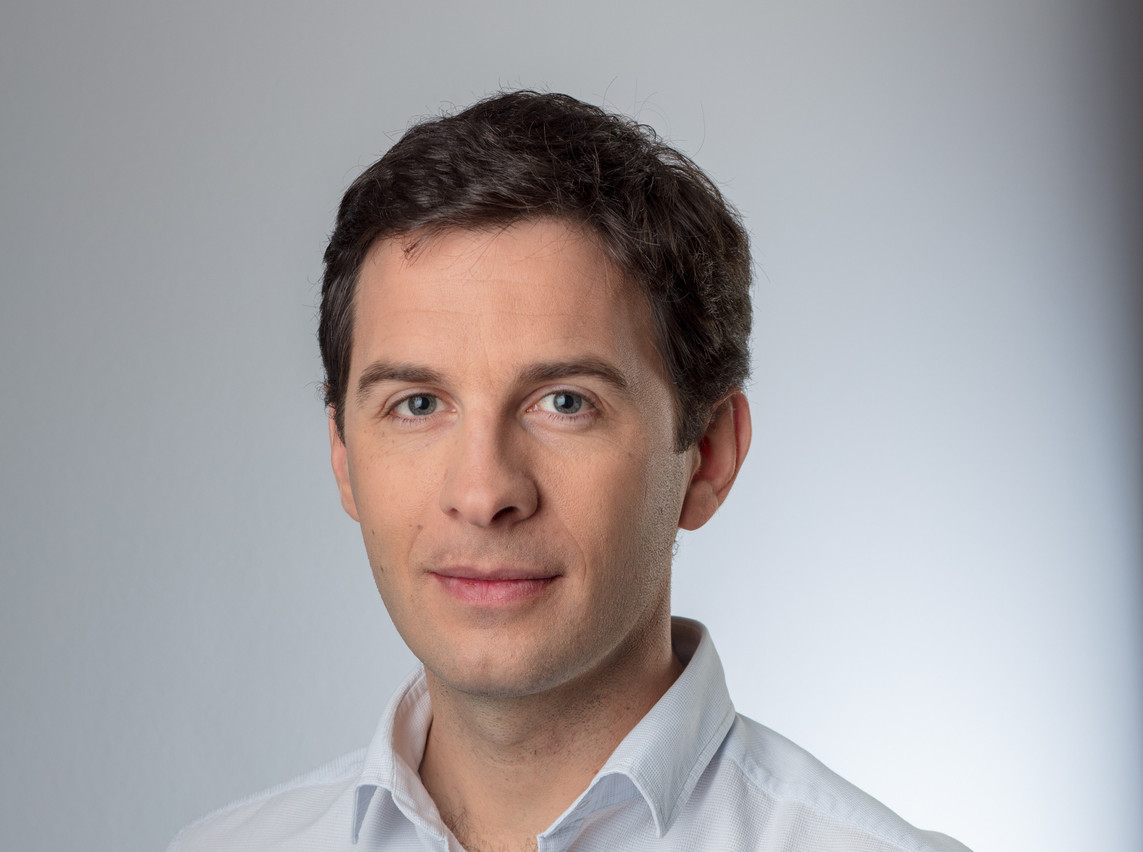“You don’t need to be an NGO. You can use the power of business for social purposes.” So said Arnaud Gillin of Innpact, which was founded in 2007 and which today has 40 employees.
“It’s not just NGOs that can do good things,” reiterated cofounder Patrick Goodman, later in the interview. “It’s not just about the public sector. Companies that have profits as one of their aims can also bring about positive change in the world.”
Given the strength and reach of marketing departments in our society, combined with the cultural centrality of the climate crisis and the wealth gap, such statements run the risk of sounding a little greenwashed. But the two partners and their company are part of something much bigger and more substantial than a marketing campaign. They believe in a new way of doing business, in a fundamental shift towards partnerships, income equality, sustainability—and away from an overemphasis on profit.
“Profit is a means for the mission,” is how Gillin put it.
The mission
In 2015, Innpact became the first Luxembourgish company to gain the B Corp label. Gillin and Goodman were clear that their company had been running on certain progressive values well before that date, indeed from its founding in 2007, but noted that when the B Corp movement came along it ticked several boxes for them.
For reference, “B Corp” is a label awarded by a nonprofit called B Lab, whose website states that it wants to harness business “as a force for good”. Its mission is “to transform the economic system into a more inclusive, equitable, and regenerative global economy”, and to that end it provides standards in areas like environmentalism, governance, community and workers.
For businesses, the first step towards becoming a B Corp is to take an assessment test. Questions include:
Does your company monitor and record its universal waste production?
What % of management is from underrepresented populations?
What % of the company is owned by full-time workers (excluding founders/executives)?
In 2013, the Innpact founders began looking for a way to measure themselves on subjects like their environmental and social impact, and came across the B Corp label.
“We looked at the names of other B Corps,” explained Goodman, “and we said: ‘Hey, this is a group of companies we can relate to.’” He commented that, at the time, certain others in the financial sector were signing declarations of intent but continuing to do “business as usual”. B Corps, however, were different.
“Going through the questionnaire,” Goodman continued, “we realised how strict they were, how thorough they were in the various categorisations.”

“In any kind of sector, you can operate a company in a good manner,” says Arnaud Gillin (pictured). Photo: Vincent Flamion Photography
For example, the cofounders scored low on governance because they were the sole owners and decision-makers of the company. Based on the questions and the system’s recommendations, they made some changes: they added an independent board member, broadened their decision-making bodies to include other associate directors, and opened up their capital to employees. “Now we are 20 shareholders, no longer two,” Goodman said.
“Our intention over time is gradually to allow employees to become shareholders,” he went on. “And for shareholders, we don’t use options, warrants, all those financial gimmicks—we really want employees to be true owners.”
Governance is just one part of the B Corp ethos, but the example demonstrates the granularity with which the movement demands good practices. “It’s how you do it,” said Goodman, meaning running a business. “It’s not what you do.”
Thus, the idea isn’t merely to improve carbon footprints or encourage inclusivity, but to reimagine what a company actually is. This amounts to a cultural revolution, the proposed end of which will be the day when companies are understood as entities that, besides making enough money to survive, exist to improve the wellbeing of their employees, communities and the planet generally. In this way, B Corps are a rejection of hypercapitalism, which emerged some 40 years ago and whose dominant culture of profitmongering and individualism is still widespread today.
“Bill Gates, creating his foundation after having earned so many billions,” said Gillin—“this is the old model. We don’t do that anymore. You do it right, right from the beginning.”
“And you don’t need to be a B Corp to do it,” he added.
From battlefield to bedroom
The business culture revolution is about internal operations but, equally, external relationships. Namely, values like collaboration and noncompetition are becoming more important. The Innpact cofounders shared what competition means to them as a B Corp.
“We don’t care about competition because we are a mission-driven company,” Gillin said. All companies need profits to survive, he added, but more competition in Innpact’s sector would mean more companies working on impact investing, and that would be an ideal result. “If in ten years we’re not needed anymore, then we’ll do something else,” he said.
“I want to have hundreds of B Corps in Luxembourg,” he added.
At the moment, there are just four: Innpact, Ramborn, Farad and A Beautiful Green. (There are additionally many Luxembourg-based subsidiaries of companies that are B Corps; if you count these, the number is about 30.)
Gillin reeled off several examples of how Innpact works with other institutions, including a securitisation platform currently in the works to enable more green bonds to be issued, for which the company has teamed up with another Luxembourg company.
More to the point, however—at least in cultural terms—is that partnership has taken the place of corporate warfare. “You rarely have the question,” said Gillin, “when you bring a concept to another entity: ‘Will they steal my idea and go with it?’ Because they’ll see it and say, ‘Yeah, let’s do that together.’”
This is the spirit of the impact investing sector, the partners specified, not necessarily of B Corps. Still, the label pays off here as well. Gillin commented that talking to other B Corps, even ones in totally different sectors, is facilitated because they speak the same language. “We don’t need to convince each other that we’re going in the same direction. We know by the label. We don’t [necessarily] do everything the same way, but we are moved, we are pushed, by the same passion.”
The evolution of partnerships as a strategy is certainly, in Gillin’s eyes, down to the climate crisis: “We see that, to go faster—because the planet is burning—we need to partner.”
People make movements
Goodman and Gillin stressed that they didn’t turn Innpact into a B Corp for marketing reasons, but these intentions haven’t precluded a few tangible benefits. For one thing, Gillin pointed out, the label has helped them recruit talented professionals. “A lot of people who have joined us said: ‘You’re a B Corp. That’s why I’m joining. That’s all.’”
“It has become easier to hire people,” Goodman agreed. “We don’t use headhunters. We do it all ourselves.”
Arguably, this is further evidence that “B Corp” is more than a label: it’s a movement people want to join. “It speaks directly to them,” Gillin said.
While describing Innpact’s philosophy elsewhere in the interview, Goodman made a comment that helps illustrate why, at least in the most immediate terms, job-seekers might be drawn to places like Innpact. “Why can’t we live in a world,” he asked, “where more money is actually given—whether in salaries or in bonuses—to the people who actually do the work? Rather than the benefits being earned by the owners? That’s our philosophy.”
